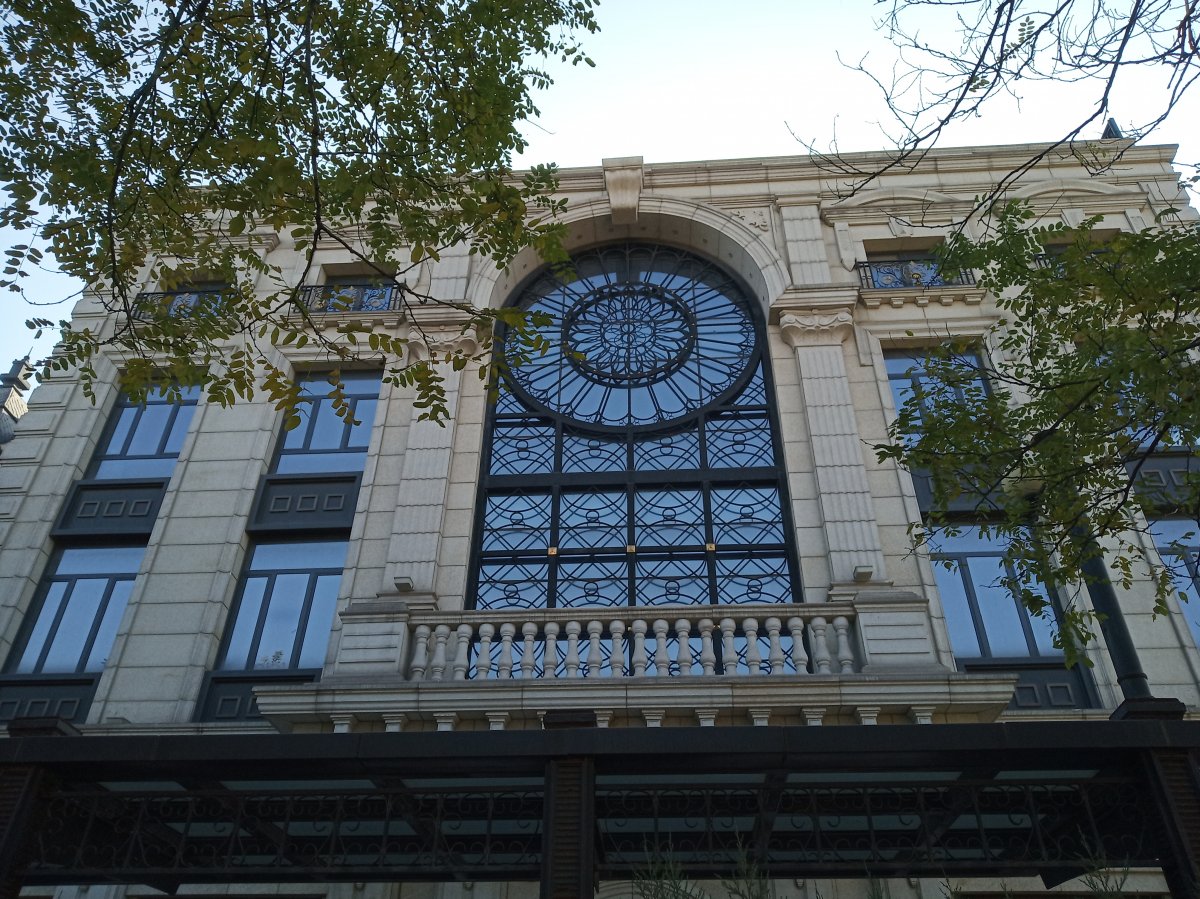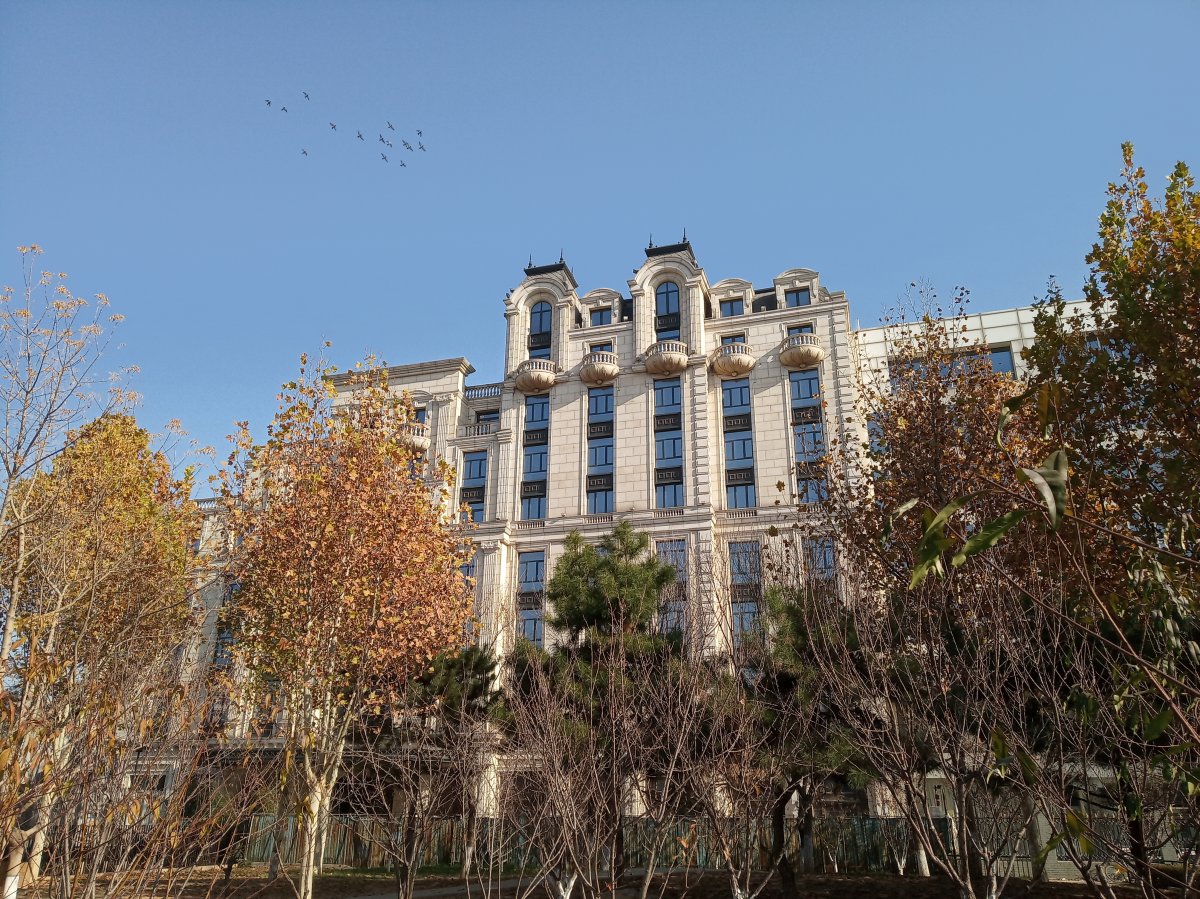A Tragedy in Two Parts: How Corruption and Greed Killed This Decaying Hotel
Located at the end of the Shijia Hutong, directly opposite Dengshikou Subway Station Exit A, the Royal House (国赫宫) is a gorgeous example of French architecture. Hidden behind the surrounding yellowing sycamores, its majestic windows and four cascading rooftops stretch up into the blue winter sky, making for a home that would make the Hunchback of Notre-Dame proud. Nearby, a Beijing baoan sits in his metal booth outside the compound's ominous black gate, socks off, feet up, snoring gently as we pass.

A stone’s throw from Wangfujing Shopping Street and 800 meters from Chang’an Road, it seems inconceivable that a property in such a location should fail so dramatically, especially given that it’s the spitting image of the ultra-plush Regent Hotel just down the road. But like all of the best French literature, the Royal House has a tragic story to tell, one of corruption and greed, rendering the luxury suites unoccupied, possibly forever.

In 2008, one year after its completion, Anjie Changdi Logistics company took charge of the sale of the complex. At the time, the project was worth an estimated RMB 2.1 billion, however, Anjie Changdi sold the project brutally short, pocketing RMB 500 million and dividing the sale between Hongyuan Real Estate and Yunnan Jinshan with 51 percent and 49 percent stakes, respectively. This is where matters began to get complicated.

In 2010, Hongyuan sold its stake in the property, giving Yunnan Jinshan full ownership of the Royal House. By this time, the property’s value had skyrocketed to RMB 3.1 billion meaning within the space of two years, Yunnan Jinshan made 500 percent profit. The only problem was that upon investigation by Soho Finance, neither Anjie Changdi nor Yunnan Jinshan actually existed and the latter was no more than a shell company – the registered address turned out to be farmland in Yunnan.

It was later discovered that Yunnan Jinshan and Anjie Changdi were registered subsidiaries of the Fujian Lijin Group, of which Chen Longji, the richest man in Fujian, was the owner. Although it is owned by the subsidiaries, the Royal House is ultimately controlled by Chen, who is holding the project hostage waiting for the price to increase even further.

Today, the 58 luxury apartments ranging between 210 and 463sqm remain empty and unfurnished. Baoan occupy some of the ample office space on the ground floor, but the silence in the enormous two-level underground parking lot is deafening. Forget Quasimodo, the only residents now are pigeons circling the building, flying in through the open fourth-floor windows, home to their luxury roost.
READ: Beijing's 99-Year-Young Catholic School Will Give You the Chills
Photos: Burbex Brin
Related stories :
Comments
New comments are displayed first.Comments
![]() Brooklynnative
Submitted by Guest on Tue, 12/04/2018 - 11:24 Permalink
Brooklynnative
Submitted by Guest on Tue, 12/04/2018 - 11:24 Permalink
Re: A Tragedy in Two Parts: How Corruption and Greed Killed...
The Beijinger should do a story on the shopping center on the northwest corner of Dongzhimen. That's been sitting uncompleted for more than 10 years now! I've always wondered what is going on witha that property.
Validate your mobile phone number to post comments.







